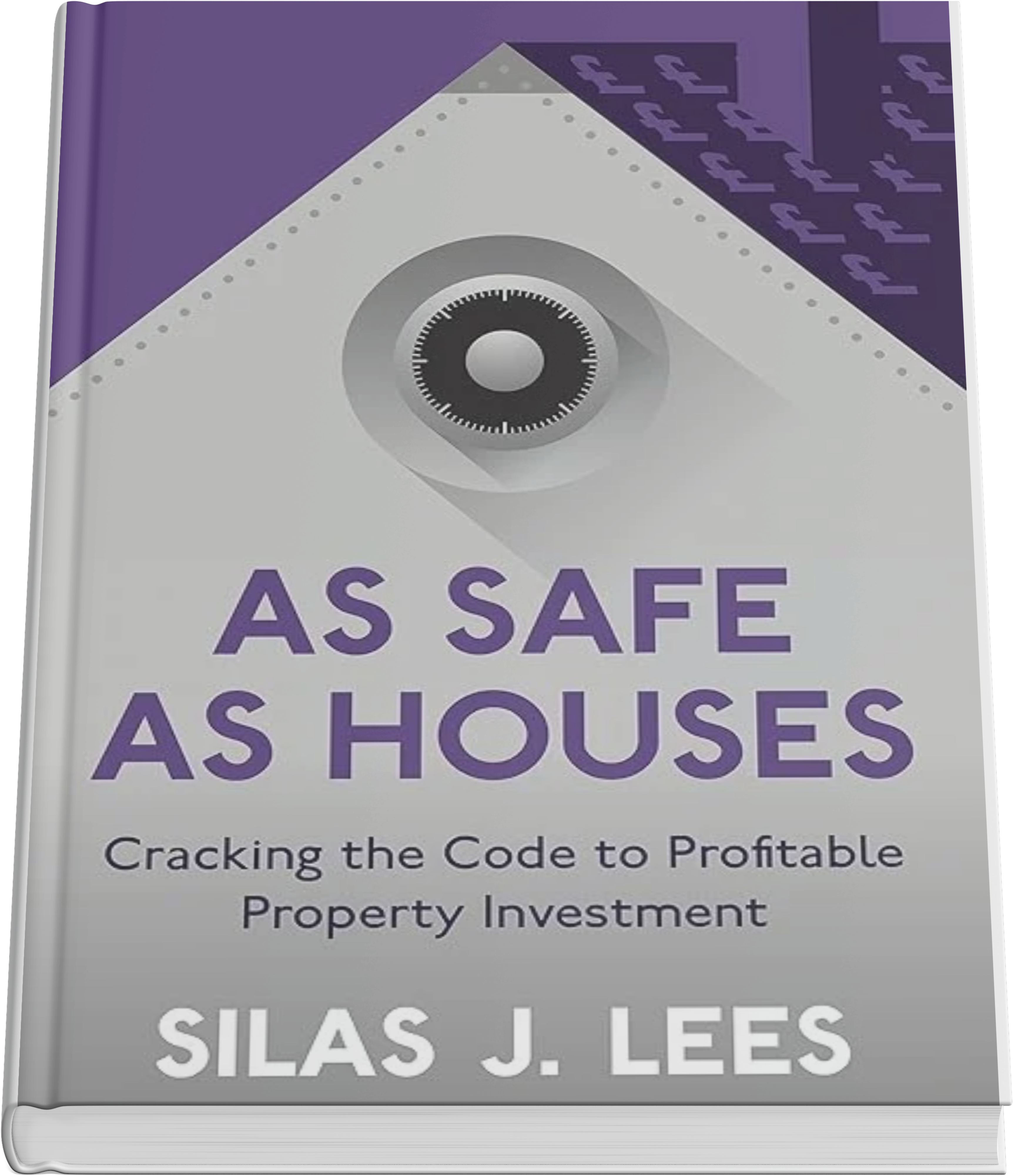Why a Property Market Crash Doesn't Look Like You Think It Should
In today’s property market, many “experts” assert that the landscape is unshakable, mirroring its robust state from the last five years.
However, for anyone who’s not been living under a rock for the last six months, you’ll notice that we’re dealing with a very different marketplace now than we have over the last few years.
Unfortunately, anyone who is following the “expert’s” advice is stressed out to their eyeballs running around trying to generate the same market activity that they’ve previously experienced.
And its slowly starting to dawn on people that it’s not working…
Why?
Because we’re already amidst a property market decline. And those unfortunate souls who fail to recognise this will soon have to deal with the fatal consequences.
And the reason they fail to recognise this is because we’re in what I call the “Denial Period” of the market, with many expecting the market to ‘bounce back’ very soon.
They’re hoping and praying interest rates will come down any day now, or the government will step in with their magic wand and save everyone.
I know telling the truth isn’t very popular right now and I don’t want to be the bearer of bad news, but that’s seriously not going to happen.
The Expectation of Rapid Decline
When people imagine a property market crash, they envisage a swift and catastrophic plummet in prices — something often only witnessed during shocking events that disrupt the stock market.
This expectation is seldom met in the property world unless there’s the catalyst of a drastic event such as the 2008 banking crisis, which brought about the rapid depreciation in property values due to a sudden halt in lending.
The Reality of a Property Market Crash
In contrast, current market dynamics, absent any cataclysmic event, exhibit a more gradual, subtle decline. This is not driven by a sudden lack of lending but by a reduction in buyer affordability and evaporating demand.
The market still currently harbours some enthusiastic buyers, primarily fuelled by pent-up demand. However, as this reservoir depletes, the likelihood of a surge in property transactions becomes increasingly slim, leading to property value stagnation or even reductions in certain locales.
This is all assuming that the media doesn’t start driving a frenzy of negativity towards the property market which could drive demand (and prices) down faster.
The Impact of Seller Urgency
The realisation of the decline in the property market often becomes most visible when sellers, driven by urgency or necessity, start adjusting their expectations and property valuations to secure the few remaining buyers.
Sometimes, in desperation, this reduction in price can be significant.
This has the knock-on effect of lowering values throughout the local area, particularly as mortgage valuation surveyors try to find comparables within the last 3-6 months. If there’s precious few comparables, those one or two desperate sellers can undermine the local market substantially.
The Subtle Nature of Decline
In essence, whilst nobody can predict the future with a high degree of accuracy, the past is usually a good indicator of the future.
As prices stagnate, or certain sellers choose to sell for less, it’s quite possible the market will take a year or two to ‘bottom out’ whilst prices remain stagnant for a significant period.
This also assumes that something like Artificial Intelligence isn’t going to make a ton of people redundant which will clearly have a major impact on redundancy levels, affordability and consumer confidence – which is ultimately the biggest driver of value in the property market.
It is this silent, creeping nature of property crashes that can catch agents, homeowners and investors off guard, particularly those who anticipate immediate and conspicuous signs of market distress, or more importantly, their favourite “experts” telling them that the market has changed and what to do about it.
The market is undoubtedly experiencing a decline, characterised not by rapid value loss but by dwindling demand and buyer scarcity. The repercussions of this decline are not necessarily immediate or dramatic, but they are persistent, and their effects, once settled, can be long-lasting.
Worse still, for agents who don’t recognise the change in the marketplace and who fail to adapt, they’ll be shovelling a ton of cash out the door to cover overheads and marketing expenses on an increasingly greater number of listings, whilst their pipeline income dries up.
This is a disaster scenario for any business.
If you’ve recognised the changes and you’d like an informal, no-obligation chat on what you can do about it, reach out to me via email –
When you subscribe to the blog, we will send you an e-mail when there are new updates on the site so you wouldn't miss them.







Comments